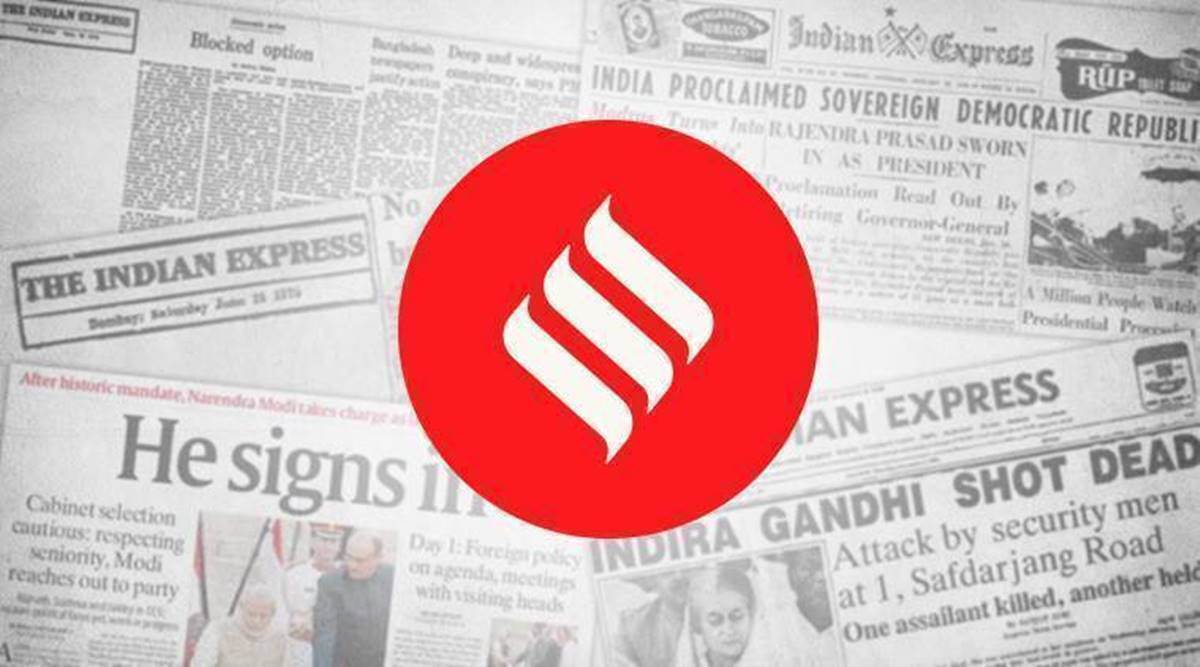 Seeking consolation in defeat, the BJP has been talking up its emergence as the single-largest party, and its win in three seats in the Valley. But what counts in these elections is winning the districts.
Seeking consolation in defeat, the BJP has been talking up its emergence as the single-largest party, and its win in three seats in the Valley. But what counts in these elections is winning the districts.The people of Jammu and Kashmir have spoken unambiguously in favour of the People’s Alliance for Gupkar Declaration (PAGD) in the District Development Council elections, the first democratic political exercise in the former state since the Centre stripped it of its special status and downgraded it into two union territories. Even though this was a local bodies election, both the BJP and the PAGD, whose constituents include the National Conference, the People’s Democratic Party, the J&K People’s Conference, plus the CPI(M), among others, turned it into a referendum on those decisions. When the BJP’s apparent expectation of a boycott by the regional parties did not come true, and instead its prospects of winning diminished further with their decision to fight the elections together as the PAGD, none other than Union Home Minister Amit Shah lashed out at them as the “Gupkar Gang” who marched to a “foreign” tune, the allusion being to Pakistan. Naturally, the PAGD has projected its victory as a resounding rejection of all that the Centre has done in J&K over the last year-and-a-half, and as support for its own demand that special status and statehood be restored.
Seeking consolation in defeat, the BJP has been talking up its emergence as the single-largest party, and its win in three seats in the Valley. But what counts in these elections is winning the districts. The PAGD is set to control the councils of at least nine out 10 districts in Kashmir and perhaps a few of the 10 in Jammu, Congress willing. The PAGD’s victory is sweeter for all the obstacles that were thrown in its path, and the efforts made to discredit it in the eyes of the voters. The manner in which the administration waved names of senior PAGD leaders as Roshni Act beneficiaries ahead of the elections, the ED’s actions against NC leader Farooq Abdullah, the arrest of PDP’s star mobiliser Waheed Para, detaining candidates “for their own security” thus effectively ensuring they could not campaign, were all too apparent, orchestrated attempts by the Centre to control the election outcome. To their credit, the Gupkar alliance held firm against the strong-arm tactics.
The results should serve as a wake up call for the government. This is a new turning point in J&K, and calls for much political accommodation. As the party in office at the Centre, the BJP must take the lead. Lieutenant Governor Manoj Sinha should be praised for holding an election whose results are seen as a fair reflection of the popular will. Now, his real work begins. To ensure that the mandate is respected in letter and spirit. So the BJP should refrain from trying to engineer cross-overs in its favour, especially as it has loudly declared that “democracy is the real winner” of these elections. For its part, the PAGD should use this seat at the local high table to do justice to the aspirations of the people. Spring is still far away but there is a thaw in J&K’s frozen politics, it needs a cautious welcome.